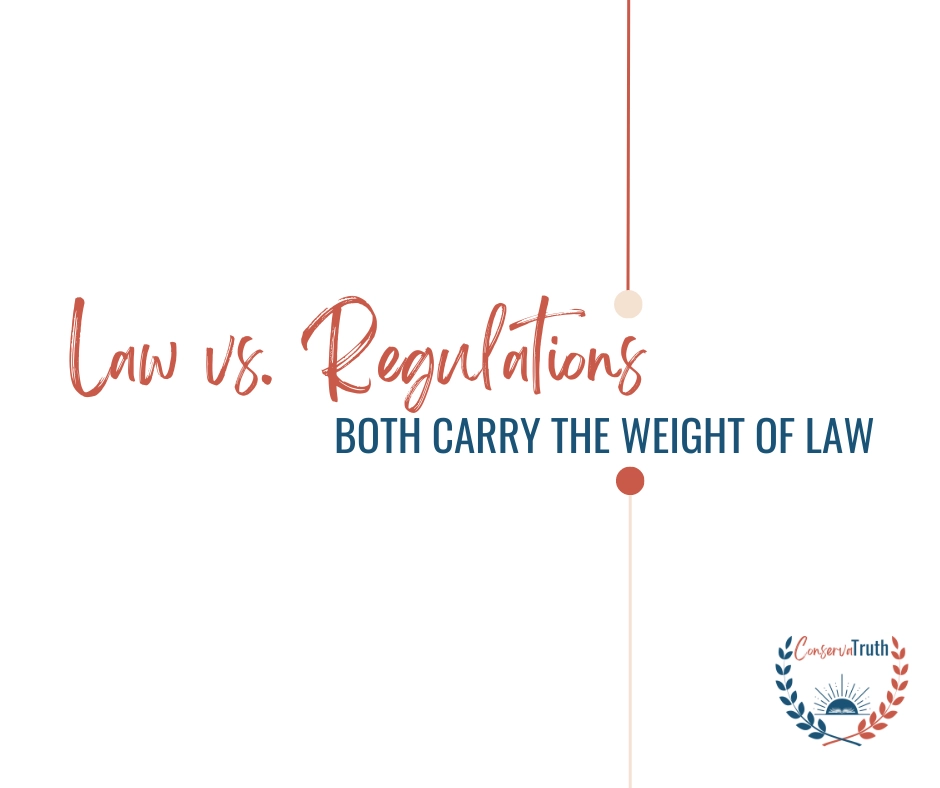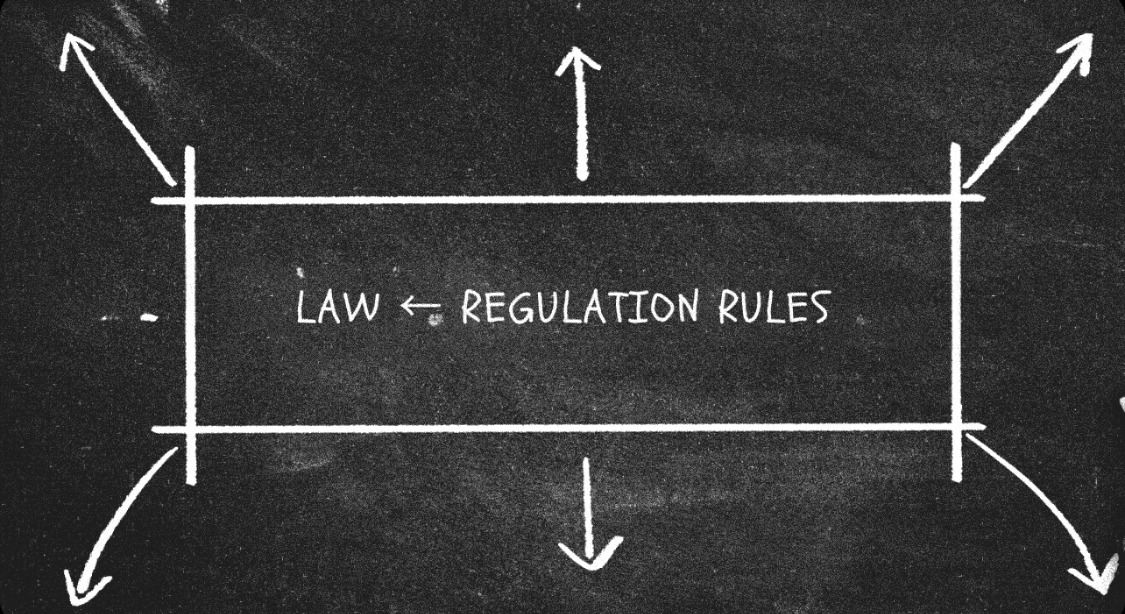
Let's begin with the basics: law and regulations are two significant facets of our legal system, and both play vital roles in structuring society. In South Carolina, like every other state, these legal pillars govern an array of areas, from environmental standards to traffic rules.
Law in South Carolina
Laws are essentially rules set forth by governing bodies, namely the state legislature in South Carolina, which the population must follow. The South Carolina General Assembly, consisting of the House of Representatives and the Senate, is responsible for creating these laws. After the Governor approves and signs a bill into law, it becomes enforceable across the state.
Regulations and Their Effect of Law
Regulations, on the other hand, are the specific details and guidelines that executive agencies or departments establish to implement laws. For instance, a law might authorize a state agency to set safety standards for workplaces, but the regulation is what actually specifies what those standards are.
Once a regulation is finalized in South Carolina, it carries the same weight as a law. Non-compliance with regulations can result in penalties or sanctions, just as it would for breaking a law.
Example: DHEC and Emergency Powers for Communicable Diseases
The South Carolina Department of Health and Environmental Control (DHEC) offers a practical example of how laws and regulations function together. The legislature has granted DHEC the power to establish and enforce regulations to prevent and control communicable diseases in an emergency situation.
Let's take a hypothetical example. If a new, highly infectious disease were to emerge, the DHEC could declare a public health emergency under South Carolina law. With this declaration, the DHEC would gain special emergency powers to enforce regulations to control the spread of the disease.
These regulations could include measures like mandatory quarantines, travel restrictions, or requiring vaccinations for certain segments of the population. Failure to comply with these regulations could result in penalties, just as if an individual were breaking a state law. This highlights the effect of regulations as law in practical terms.
Summary
To wrap it up, both laws and regulations play an integral part in South Carolina's legal framework. Laws are made by the South Carolina General Assembly and signed by the Governor. Regulations, the detailed rules established by executive agencies to implement laws, have the same enforceability as laws once they are finalized. A real-world example of this interaction between laws and regulations can be seen with the DHEC and its ability to enforce emergency measures in the face of a communicable disease outbreak.
Remember, the power of regulations shouldn't be underestimated – in effect, they carry the same legal weight as laws themselves. Whether it's driving on the right side of the road or following public health guidelines, our day-to-day lives are shaped and structured by both laws and regulations. It's crucial to be aware of this distinction and the effects these have in our daily life in South Carolina.





Comments